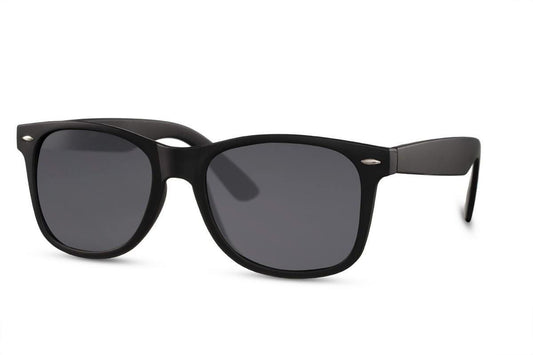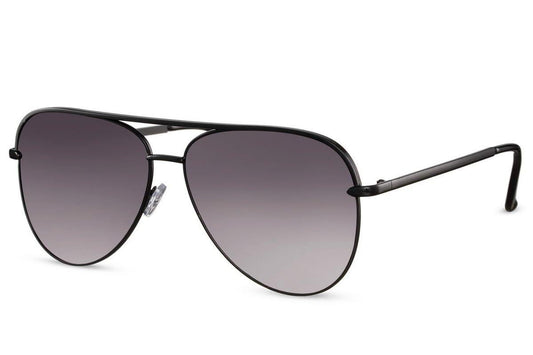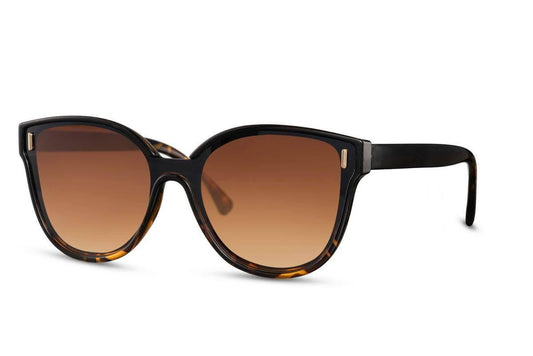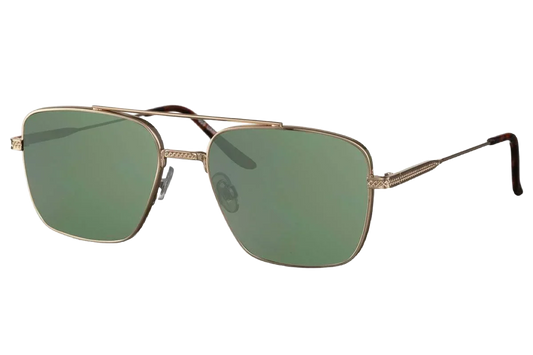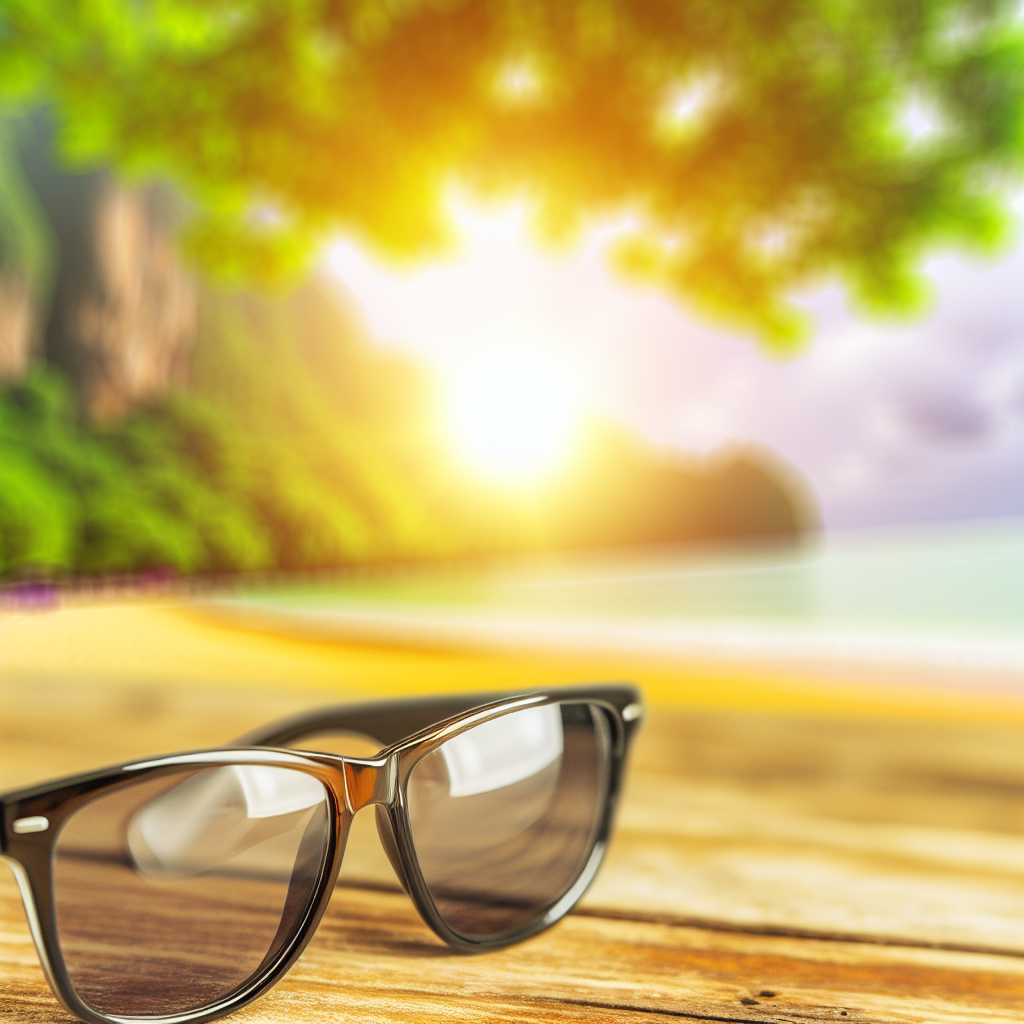
How to know if your sunglasses really protect against UV
Share
Important requirements for sunglasses and UV protection
The sun emits UV rays that can damage your eyes. Quality sunglasses should protect against both UVA and UVB rays. Look for labels like "100% UV protection" or "UV400" on the frame or lenses. These labels show that the glasses meet standard eye protection requirements.
Polarized lenses reduce glare, but they do not automatically guarantee adequate UV filtration. Make sure that the sunglasses specifically state the UV protection. Also, choose models that have been tested and certified by relevant authorities or recognized testing organizations.
Investing in sunglasses with proper UV protection is a necessity to prevent eye problems like cataracts and other damage caused by the sun's rays.
Frequently Asked Questions
• How can I be sure that my sunglasses protect against UV?
– Look for labels like “100% UV protection” or “UV400” and check that both UVA and UVB rays are blocked.
• What does UV400 mean?
– UV400 indicates that the sunglasses effectively block harmful UV rays with wavelengths up to 400 nm.
• Are polarized sunglasses sufficient for UV protection?
– Polarized lenses reduce glare, but you should always make sure that the glasses also have the necessary UV protection.
• What is the importance of certification?
– Certification from relevant authorities or testing organizations confirms that the sunglasses meet eye protection standards.


